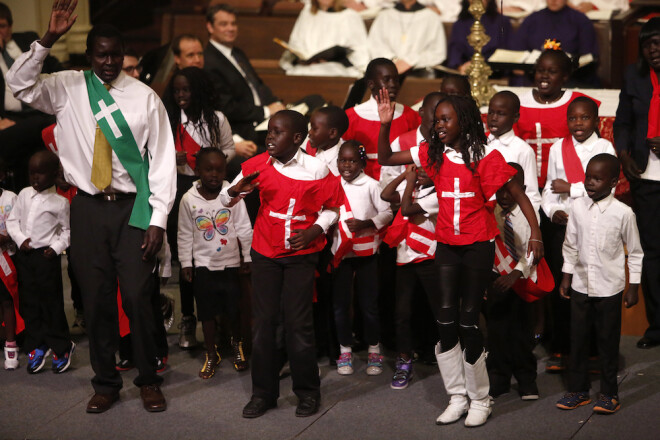The Prayer Book: things Old and New From the Treasury (Matthew 13:52)
When did the Anglican Church begin? One could give different answers. While some would cite the arrival of Augustine, others would note that Celtic Christianity antedated this arrival by centuries. Still others would point to the 16th Century time of the Reformation, when a autonomously English Church was launched. It was an expression of the Reformation, but with its own distinctive style. The desire to preserve as much of the older tradition while incorporating themes of the Reformation show the balance and moderation which have been hallmarks of Anglicanism at its best.
What is distinctively Anglican? The best and shortest answer is this: the Book of Common Prayer. Our Church was uniquely formed an expressed by a book of liturgical prayer meant to form its people. For this reason we pray our doctrines as well as confess them. The key elements of the Reformation are ours too, but they are expressed through the book. It is in the language known to the people. It is full of quotation and allusion to the Bible. It stresses the death of Jesus as the ‘one oblation of Himself once offered, a full, perfect, and sufficient sacrifice for the whole world.’ Its collects stress grace. Morning and Evening Prayer gives the monastic prayer tradition to all the laity. But it embeds Reformation emphases without our prayers. And it retains many of the forms of prayer of ancient Christianity.
Read the 39 articles and relate to today’s debates



